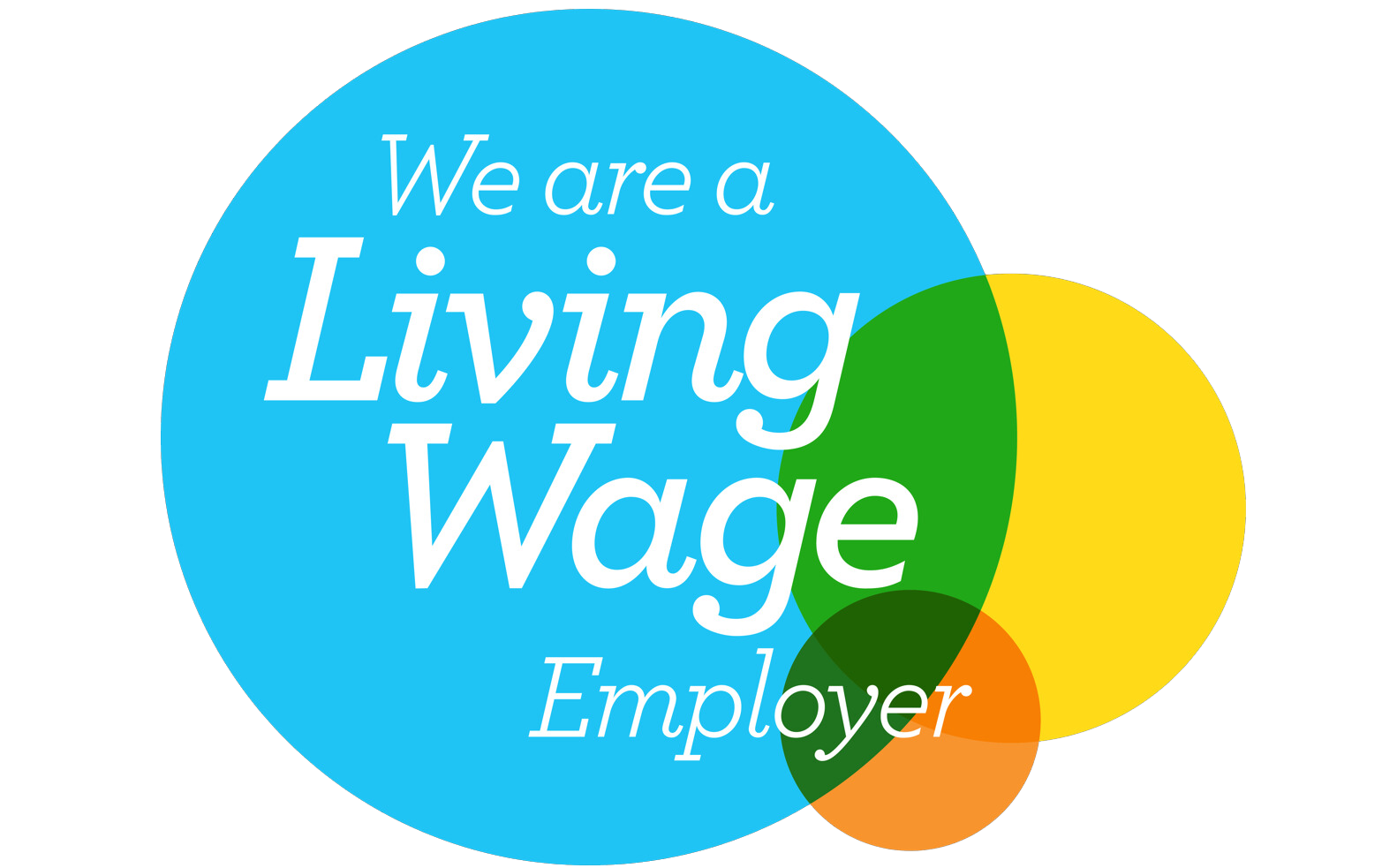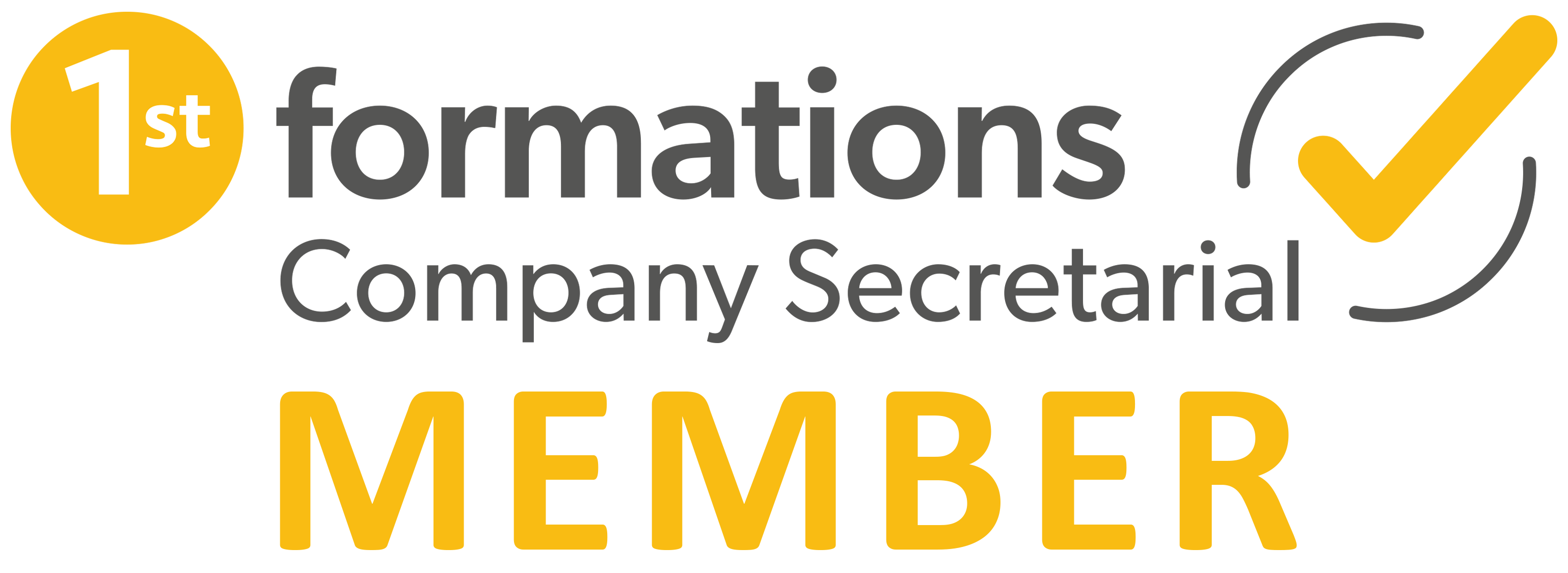UK Procurement Regulations and Compliance: A Comprehensive Guide
Procurement in the United Kingdom operates within an intricate framework of regulations and compliance requirements. Staying well-informed and proactive in adhering to these ever-evolving rules is a paramount concern for procurement professionals. In this comprehensive guide, we’ll explore the multifaceted world of UK procurement regulations, compliance, and governance, providing essential insights for staying ahead of the curve.
Understanding the Regulatory Landscape
The landscape of UK procurement regulations is shaped by a combination of domestic laws and international influences. Here are key components that procurement professionals need to be aware of:
Public Procurement Rules
At the core of UK procurement regulations lie the Public Contracts Regulations 2015. These regulations set the ground rules for public procurement processes within the UK. Compliance with these rules is not just a best practice; it is an absolute necessity for organisations vying for public sector contracts.
Brexit Implications
The United Kingdom’s departure from the European Union brought about significant changes in trade rules and regulations. Procurement teams are required to adapt to the post-Brexit procurement landscape. Navigating new customs procedures, trade tariffs, and regulatory nuances demands vigilance and proactive adjustments to procurement strategies.
Sustainability and Social Value
In recent years, UK procurement regulations have evolved to place increasing emphasis on sustainability and social value. Procurement professionals are now tasked with the responsibility of incorporating these vital factors into their sourcing decisions. Demonstrating compliance with sustainability and social value criteria has become essential, both for regulatory adherence and for meeting the expectations of stakeholders.
The Role of Procurement Compliance
Procurement compliance refers to the adherence to established rules, regulations, and best practices in the procurement process. It plays a pivotal role in ensuring that procurement activities are conducted transparently, ethically, and in accordance with applicable laws. Here’s why procurement compliance is crucial:
Legal Obligations
Procurement compliance is not merely a matter of best practices; it is a legal obligation. Failure to comply with procurement regulations can result in severe consequences, including legal liabilities, fines, and disqualification from bidding on public contracts.
Risk Mitigation
Effective procurement compliance measures are essential for risk mitigation. By adhering to regulations, organisations can minimise the risk of disputes, supplier-related issues, and procurement process inefficiencies.
Ethical Procurement
Compliance with procurement regulations fosters ethical procurement practices. It ensures fair competition, prevents corruption, and upholds integrity in the procurement process, which is vital for maintaining public trust.
Procurement Governance and Compliance
Procurement governance refers to the structures, processes, and policies put in place to manage and oversee procurement activities within an organisation. It encompasses a broader framework that includes compliance as a fundamental component. Here’s how procurement governance and compliance intersect:
Regulatory Alignment
Effective procurement governance involves aligning an organization’s procurement practices with relevant regulations. This alignment ensures that procurement activities are conducted in a manner consistent with legal requirements.
Policy Development
Procurement governance includes the development of procurement policies that reflect both regulatory mandates and the organization’s ethical and strategic priorities. These policies guide procurement professionals in their decision-making processes.
Oversight and Accountability
Governance structures establish mechanisms for oversight and accountability. This includes audits, reviews, and reporting mechanisms that monitor compliance with procurement regulations and organisational policies.
The landscape of UK procurement regulations, compliance, and governance is undeniably complex, shaped by domestic laws, international trade dynamics, and evolving sustainability and social value considerations. Procurement professionals must remain vigilant, continuously educate themselves, and adapt their strategies to comply with changing regulations. Effective procurement compliance, guided by robust governance structures, not only ensures legal adherence but also contributes to ethical and transparent procurement practices. In an environment where procurement processes are scrutinised for fairness and integrity, staying ahead of the curve is not just a goal; it’s a necessity for success.







